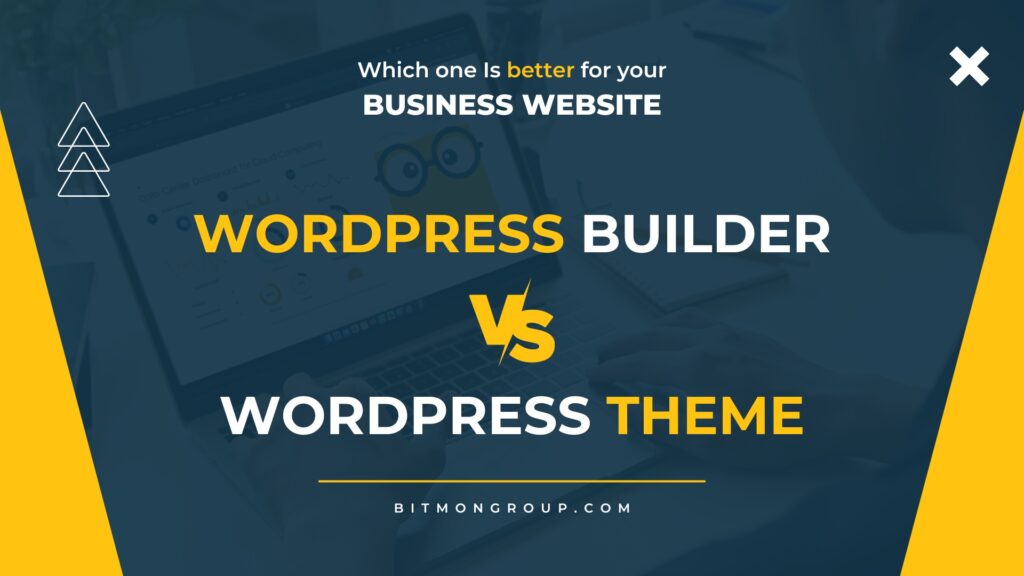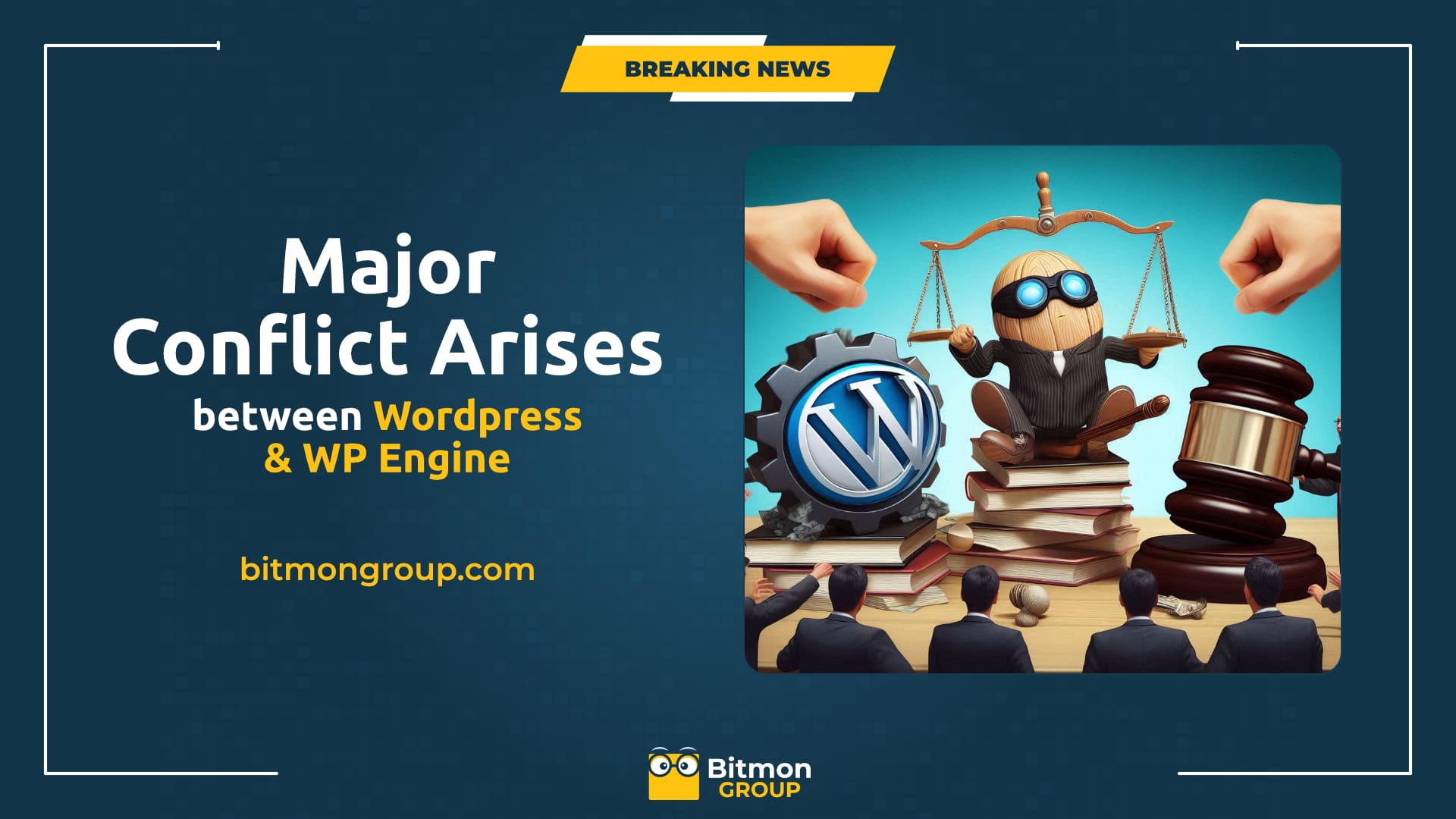When creating a WordPress website, one of the most important decisions you’ll make is choosing how to design and customize your site. Two popular options are using a WordPress builder or sticking with a traditional WordPress theme. But which one is better for your business? In this blog, we’ll explore the differences between WordPress builders and themes, their pros and cons, and how to decide which option is best for your needs.
1. Understanding the Basics
WordPress Themes: A WordPress theme is a pre-designed template that controls the overall look and layout of your website. Themes come with predefined styles, color schemes, and layouts, allowing you to quickly set up a website without needing to design it from scratch. Once you install a theme, you can customize it by changing colors, fonts, and adding your own content.
WordPress Builders: A WordPress builder, on the other hand, is a tool (usually a plugin) that allows you to create and customize your website using a drag-and-drop interface. Builders give you more control over the design process, allowing you to create custom layouts, add new elements, and tweak every detail of your site’s appearance without needing to know how to code.
2. Flexibility and Customization
WordPress Themes: Themes are generally less flexible than builders because they come with set layouts and design options. While many themes offer customization features like color changes, font adjustments, and layout variations, your options are still limited to what the theme developer has provided. This can be a good thing if you want a quick, hassle-free setup, but it might be limiting if you have a specific vision for your site.
WordPress Builders: Builders shine when it comes to flexibility and customization. With a builder, you’re not confined to the layouts or styles of a theme—you can design your site exactly how you want it. You can drag and drop elements like text boxes, images, buttons, and more, and arrange them in any way you choose. Builders also allow you to create custom headers, footers, and even entire page layouts from scratch.
Winner: WordPress Builders for their unmatched flexibility and customization options.
3. Ease of Use
WordPress Themes: Themes are generally easier to use, especially for beginners. Once you install a theme, you can quickly add your content and launch your site without needing to worry about design details. Themes are perfect if you want a simple, straightforward website that looks professional out of the box.
WordPress Builders: While builders offer more design flexibility, they can be more complex to use, especially if you’re new to WordPress. The drag-and-drop interface is user-friendly, but the sheer number of options can be overwhelming at first. However, if you’re willing to invest some time learning how to use a builder, you’ll be rewarded with the ability to create a truly custom website.
Winner: WordPress Themes for ease of use, especially for beginners.
4. Design Consistency
WordPress Themes: One of the advantages of using a theme is that it ensures design consistency across your entire website. Since themes are professionally designed, all elements—from headers to footers—are styled to match, giving your site a cohesive look. This consistency can be difficult to achieve with a builder, especially if you’re not experienced in design.
WordPress Builders: With a builder, you have the freedom to create unique designs for every page of your site. While this is great for customization, it can also lead to design inconsistency if not done carefully. However, many builders offer global styling options, allowing you to apply consistent styles across your site with ease.
Winner: WordPress Themes for design consistency.
5. Performance
WordPress Themes: Themes are generally optimized for performance since they are built with a specific design and set of features in mind. A well-coded theme can result in a fast-loading website, which is important for both user experience and SEO. However, some themes come with a lot of built-in features that you might not need, which can slow down your site.
WordPress Builders: Builders can impact performance, especially if you add a lot of elements or complex designs. However, many builders have been optimized for speed and offer features like lazy loading and minimal code output to help maintain performance. The key to good performance with a builder is to use it wisely—only add the elements and features you need.
Winner: WordPress Themes for generally better performance out of the box.
6. Cost
WordPress Themes: Themes are typically more affordable, especially if you choose a free theme or a one-time purchase option. Premium themes can range from $30 to $100 or more, but this is often a one-time cost. Once you purchase a theme, you can use it for as long as you want, with no recurring fees.
WordPress Builders: Builders are often subscription-based, especially if you want access to advanced features or use them on multiple sites. Elementor Pro, for example, starts at $59 per year, while Divi offers a lifetime license for $249. While builders might be more expensive, they offer greater value in terms of flexibility and customization.
Winner: WordPress Themes for lower cost, especially if you don’t need advanced customization.
Conclusion: Which One is Better for Your Business?

Choosing between a WordPress builder and a theme depends on your specific needs:
- Choose a WordPress Theme if you want a quick, affordable, and easy way to set up a professional-looking website. Themes are great for beginners or those who prefer a more straightforward, consistent design.
- Choose a WordPress Builder if you want complete control over your website’s design and are willing to invest time in customization. Builders are ideal for businesses that need a unique website or have specific design requirements that a theme can’t meet.
In the end, both options have their strengths, and the best choice depends on your business’s goals, budget, and your own comfort level with design and customization. Whether you go with a theme or a builder, WordPress offers the tools you need to create a website that showcases your brand and drives your business forward.







